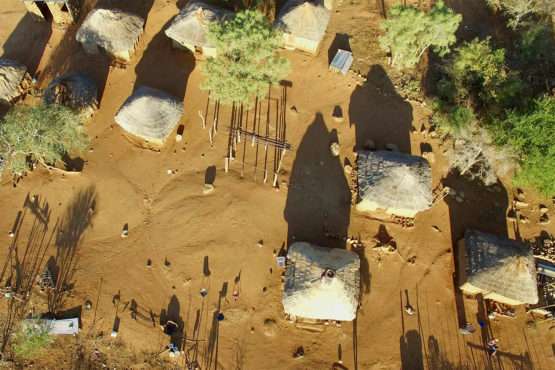Using satellites and AI to help fight poverty in Africa | Stanford News
In an interview with Stanford News, affiliate Marshall Burke discusses a measurement new tool that uses satellite data to estimate poverty. The research by Burke and his co-authors, affiliate David Lobell and Stefano Ermon, has powerful potential in improving the global response to poverty.
“In combating poverty, like any fight, it’s good to know the locations of your targets.
That’s why Stanford scholars Marshall Burke, David Lobell and Stefano Ermon have spent the past five years leading a team of researchers to home in on an efficient way to find and track impoverished zones across Africa.
The powerful tool they’ve developed combines free, publicly accessible satellite imagery with artificial intelligence to estimate the level of poverty across African villages and changes in their development over time. By analyzing past and current data, the measurement tool could provide helpful information to organizations, government agencies and businesses that deliver services and necessities to the poor.
Details of their undertaking were unveiled in the May 22 issue of Nature Communications.
‘Our big motivation is to better develop tools and technologies that allow us to make progress on really important economic issues. And progress is constrained by a lack of ability to measure outcomes,’ said Burke, a faculty fellow at the Stanford Institute for Economic Policy Research (SIEPR) and an assistant professor of earth system science in the School of Earth, Energy & Environmental Sciences (Stanford Earth). ‘Here’s a tool that we think can help.'”
Source: Using satellites and AI to help fight poverty in Africa | Stanford News


